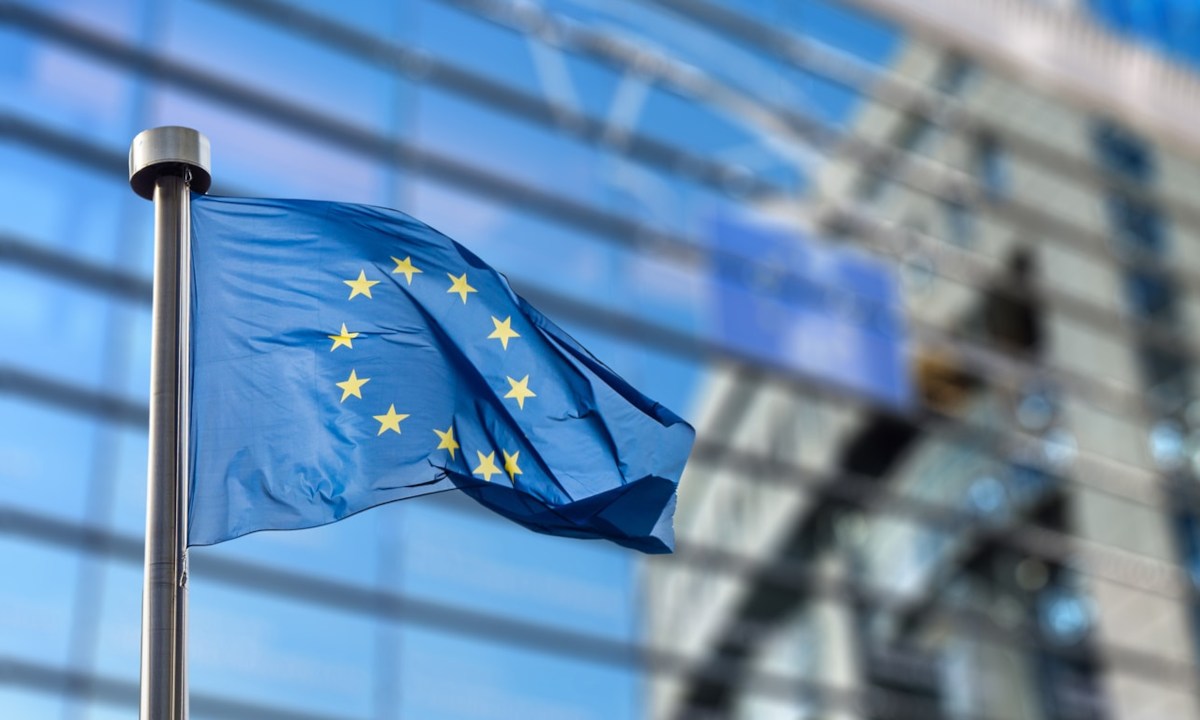
The European Union and its legislative body, the European Commission continues to advance its digital strategy with open source software as one of the fundamental pillars. This time it was the latter that announced news for the distribution of software developed to meet internal needs of the organization.
According to published information, the European Commission has approved a new regulation that favors free access to the software they produce as long as there are potential benefits for ‘citizens, businesses or other public services’, which from theory to practice may well encompass everything that unfolds under its roof.
This new provision is supported in turn by a recent study also carried out by the Commission on the impact of open source software in areas such as technological independence, competitiveness and innovation in the economy of the European Union. The objective is to find solid evidence with which to shape European open source policies for the next few years.
In economic terms, in fact, the calculations are most optimistic and point to a strong economic impact, of billions of euros of savings per year -by way of example, it is estimated between 65 and 95 billion euros in 2018 alone- and, with a minimal increase in the bet, there could be a growth in the EU’s GDP of around 100 billion euros.
With such a scenario, it is not surprising that the European Commission itself is interested in promoting open source solutions inside and outside the institutions, and not only on direct economic benefit: there are many other advantages of the model also included in the report, as mentioned: independence, competitiveness, innovation … and in the case of public administrations, collaboration, reuse and transparency.
In the words of Johannes Hahn, Commissioner for Budget and Administration: ‘Open source offers great benefits in an area where the EU can play a leading role. The new rules will increase transparency and help the Commission, as well as citizens, businesses and public services across Europe, to benefit from open source software development. Pooling efforts to improve software and co-creating new features reduces costs to society, as we also benefit from improvements made by other developers. This can also improve security, as external and independent specialists check software for flaws and security deficiencies. ‘
Commissioner for Innovation, Research, Culture, Education and Youth, Mariya Gabriel, said: ‘The Commission aims, by example, to be at the forefront of the digital transition in Europe. With the new rules, the Commission will bring significant value to companies, including emerging ones, innovators, citizens and public administrations, making the open source of its IT solutions available to them. This decision will also help stimulate innovation, thanks to the publicly available Commission code. ‘
As a sample of the software developed under the protection of the European Commission that is going to be released, projects such as eSignature, “A set of free standards, tools and services that help public administrations and businesses to speed up the creation and verification of legally valid electronic signatures in all EU Member States”; or LEOS (Legislation Editing Open Software), ‘The software used throughout the Commission to produce legal texts. LEOS, originally written for the Commission, is being developed in close collaboration with Germany, Spain and Greece. ‘
This new initiative of the European Commission also contemplates the creation of a centralized repository for easy discovery, access, and reuse of the software included, which will be added to all the projects carried out by the different community public administrations based on the same development model. And this momentum comes from afar, even as it begins to unify now.
Without going any further, years ago the European Commission itself launched the Interoperable Delivery of European eGovernment Services to Public Administrations, Businesses and Citizens program, which gave rise to the JoinUp observatory, whose pages contain almost 3,000 open software solutions, 133 collections of resources and a wealth of related information.
Later, from 2014 to 2017, the ‘first phase’ in the European Union’s open source strategy began, especially within the Commission itself, establishing certain requirements on open source software; and the new “2020-2023 open source strategy” is currently being developed, with which the European Commission intends to expand and strengthen the objectives of the digital strategy and the contribution to the Digital Europe program.



